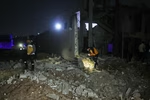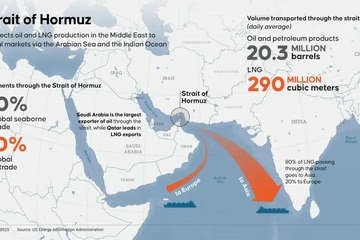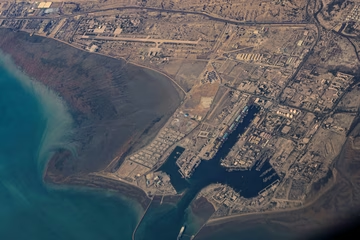'Application of 2013 census would legalise ethnic cleansing'

Application of the 2013 population census when deciding on how to form the Federation of Bosnia and Herzegovina (FBiH) entity’s House of Peoples (HoP) would legalise ethnic cleansing that occurred during the Bosnian war (1992-1995), Kasim Trnka, a professor of Constitutional Law said for N1.
Oglas
The FBiH Parliament should, therefore, provide a legal answer to the HoP formation issue.
"The delegate selection procedure should be regulated by law. That means that the Parliament should say how the HoP should be formed," Trnka said and added that it seems to him that all political parties made an informal agreement to let the Central Election Commission (CIK) decide on this matter.
He noted that the State Election Law stipulates that the CIK should decide on the division of mandates in the FBiH HoP after every election, but the CIK has not done so since the previous census.
Oglas
On the other hand, the FBiH Constitution stipulates that all demographic research should be done according to the 1991 census in order to tackle the results of ethnic cleansing in Bosnia, as much as possible.
"Should they use the 2013 census, they would legalise ethnic cleansing," Trnka said.
The Dayton Peace Agreement that ended the 1992-95 war prescribed in its Annexe VII that everybody who was forced to leave their home during the war has the right return. The idea was to erase the results of ethnic cleansing, which in practice turned the once mixed Yugoslav republic into clusters of ethnic-based enclaves.
The Agreement also prescribed that until the expelled return home, the division of power in the communities will be distributed according to the 1991 census, the one before the ethnic cleansing.
Oglas
However, nationalists have obstructed the return of the refugees ever since the end of the conflict and Annex VII has never been fully implemented. Meanwhile, the 2013 census has exposed the full extent of the ethnic cleansing effects.
Trnka also recalled the Annexe 7 and said it could be said that this annexe has been implemented.
"Annexe 7 is an agreement between the Republic of Bosnia and Herzegovina, the Federation of Bosnia and Herzegovina and the Republika Srpska entities. Those three legal entities could decide that the annexe has been implemented."
Bosnia and Herzegovina consists of two entities, the Federation of Bosnia and Herzegovina and the Republika Srpska. Following the signing of the Dayton Peace Agreement, the Republic of Bosnia and Herzegovina ceased to exist, and its legal successor is Bosnia and Herzegovina.
Kakvo je tvoje mišljenje o ovome?
Učestvuj u diskusiji ili pročitaj komentare
Oglas
Kakvo je tvoje mišljenje o ovome?
Učestvuj u diskusiji ili pročitaj komentare
Oglas
NAJČITANIJE
Oglas
Oglas
Najnovije
Oglas
Oglas





 Srbija
Srbija
 Hrvatska
Hrvatska
 Slovenija
Slovenija



























































